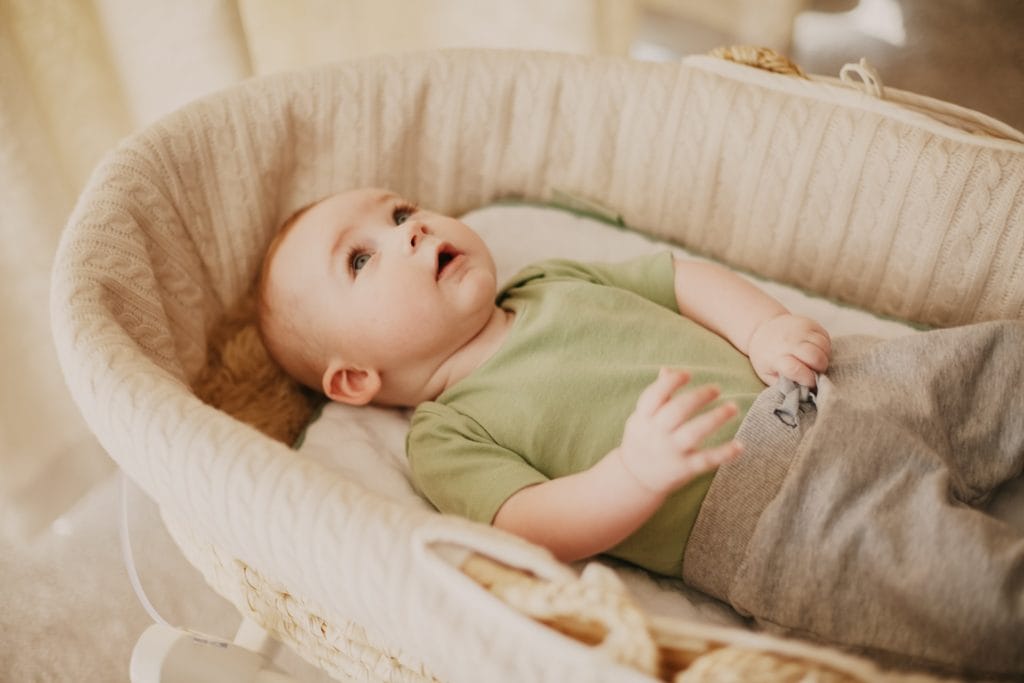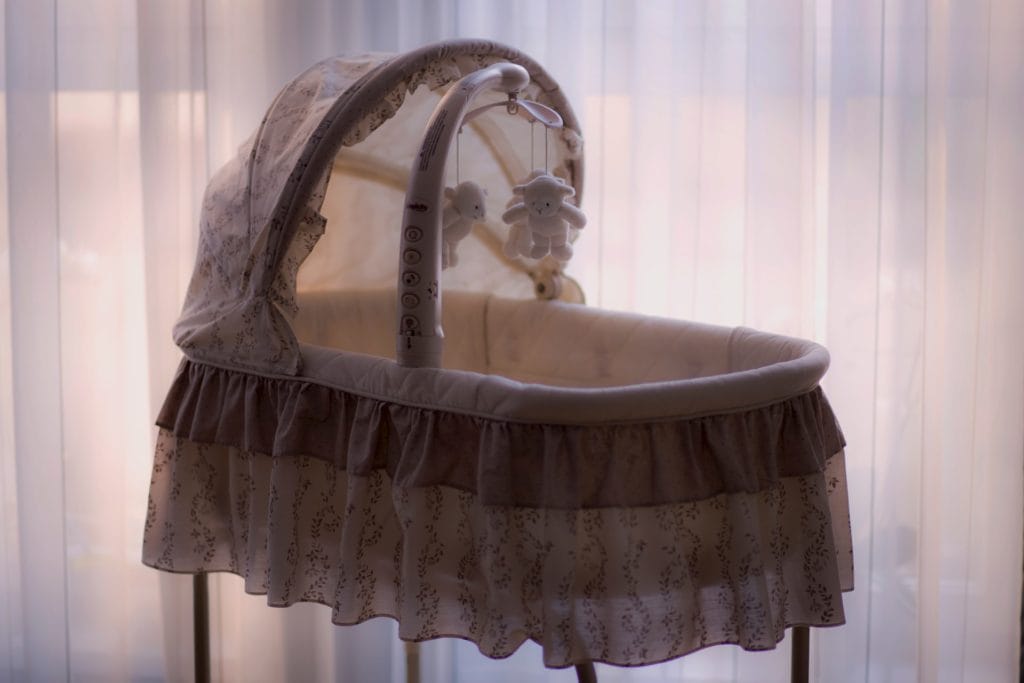Importance of sleep for babies
Sleep is very important for babies!
It helps babies to grow actively, develop intellectually and physically, strengthen immunity, level out overload and relieve nervous tension, improve attention and concentration, and in general promotes good mood and energy of your baby.
Do not underestimate the role of sleep in a child’s life and neglect its quality.
During sleep, growth hormones are produced.
And as a good sound sleep contributes to a better memory of previously obtained information.
Sleep is involved in the growth process.
Almost 80% of growth hormone in the baby is produced during the first cycle of sleep

Why do babies need so much sleep
The need for sleep varies with age and is individual to each baby and infant.
How many hours a day a baby needs, depending on age:
- Infants 18-20 hrs;
- 1 months – 15-18 hrs;
- 2-3 months – 15-16 hrs;
- 4-6 months – 15 hrs;
- 6-8 months – 14-15 hrs;
- 9-12 months – 13.5-14 hrs;
- 1-1.5 years – 13.5 hrs;
- 2-3 years – 12-13 hrs;
- 4-7 years old – 10-13 hrs.
It is normal for a newborn to get a lot of sleep.
In the first month of life, an infant needs 18-20 hours.
He wakes up only to eat, is awake during diaper changes and hygiene procedures.
Therefore, if a newborn sleeps a lot, you should not worry.
If the baby suddenly sleeps a lot, you need to worry, because it may be caused by an illness.
You need to observe the baby’s behavior for a few days, perhaps he was just sleeping off after overwork, and everything will improve.
If the infant continues to sleep longer than normal, wakes up with difficulty, and is lethargic while awake, it is advisable to consult a doctor.
A deterioration in appetite may also be a cause for concern.
Discover the Proven Solution That Gets Your Baby to Sleep like Clockwork
It works even if everything else failed.
Proven by 13,649 well-rested parents (and counting)…*
Suitable for any baby from 3 to 36 months of age.
To read it, click here

How to dress baby for sleep in a 70℉-degree room
To understand how to dress a baby, parents need to understand a little about physiology.
Infants have not yet fully developed their thermoregulatory mechanisms.
Babies have a thin layer of fat, which protects against hypothermia, and the sweat glands that output heat, do not function fully.
That is why it is easy for a child to overheat and freeze.
Especially dangerous overheating, in which the body can not give up heat, resulting in evaporation of fluid, moisture comes out, and metabolic functions are disrupted
Based on this, before you dress the child at home for sleep or wakefulness, it is better to set the correct air temperature.
Monitor it will help room thermometer.
It is desirable that in the room in which the baby is, the air temperature should be in the range of +18℃-22℃ degrees, or 64.4℉-72℉.
If you have a room where your baby sleeps 70℉ or 21℃, it is sufficient to dress your baby in a newborn body or just a bodysuit (Only natural composition should be included).
A revolutionary method has been discovered that will put even the most stubborn baby to sleep.
Click here.

Newborn sleeps with mouth open
The first thing to determine is whether your baby is breathing through his/her nose or mouth?
The fact that your baby’s mouth is open when he or she sleeps doesn’t mean that the air isn’t coming in through his or her nose.
To find out how your baby is breathing, you just need to
Listen to his breathing.
If he breathes through his nose, you will definitely hear a soft sniffling sound.
Then you need not worry, all is well with your baby, even if the mouth is ajar during sleep.
If it is still breathing through your mouth, you should first find out if your baby’s nose is stuffy.
Usually, if a child breathes through his mouth, there are two reasons for this:
- The baby has a stuffy nose.
- I threw his head up in his sleep.
In the first case, you should not go for a walk in the street, otherwise, there is a risk of catching a cold.
Visit a doctor and clean your child’s nose, so it can breathe.
If his nose is not stuffy, but the baby is breathing through his mouth, you should put it under his head is not a large pillow, so his head is not thrown back during sleep.
If you have a problem is that you can not put the baby to sleep.
He recently discovered a revolutionary way to put to sleep any baby from 3 to 36 months of age.
To read about it, click here.

How to make baby sleep at night
I now want to share a revolutionary method with you that puts even the most stubborn child consistently to sleep every night.
If you spend a lot of time putting your baby to bed, it shouldn’t be like this.
I went through tons of specialized literature, both national and international.
I selected all the techniques I considered most promising and wrote them down in my “baby’s sleep notebook”, which grew daily by several pages.
But the following problem remained:
The majority of the sleeping methods either did not work at all or only for a very short time.
I also realized that there was a lot of contradictory advice with many inconsistencies, for example, “just let your baby cry” and “never let your baby cry”…
Who was supposed to make sense out of all of this?
Completely overwhelmed by the mass of contradictory advice, I consulted with a renowned expert on sleep.
However, he quickly told me that I completely missed several crucial aspects of the matter…
He shared information and other practical advice with me which I have never encountered in any book or other sources (including the internet) before.
Once I was at home, I quickly started with the new “sleeping protocol“.
I knew of course that I shouldn’t expect any results overnight, however, I had already noticed in the same night that Martina was much calmer than before!
But the biggest surprise was: Within days, Martina could fall asleep completely independently!
Already after about a week, I received countless calls and emails from parents who applied my technique.



